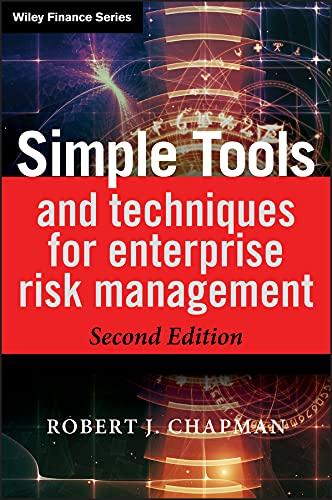Question
CASE STUDY: WELLS FARGO BANKING SCANDAL - Why culture matters Markkula Center for Applied Ethics at Santa Clara University Wells Fargo was the darling of
CASE STUDY:
WELLS FARGO BANKING SCANDAL - Why culture matters
Markkula Center for Applied Ethics at Santa Clara University
Wells Fargo was the darling of the banking industry, with some of the highest returns on equity in the sector and a soaring stock price. Top management touted the companys lead in cross-selling: the sale of additional products to existing customers. Eight is great, as in eight Wells Fargo products for every customer, was CEO John Stumpfs mantra.
In September 2016, Wells Fargo announced that it was paying $185 million in fines for the creation of over 2 million unauthorized customer accounts. It soon came to light that the pressure on employees to hit sales quotas was immense: hourly tracking, pressure from supervisors to engage in unethical behavior, and a compensation system based heavily on bonuses.
Wells Fargo also confirmed that it had fired over 5,300 employees over the past few years related to shady sales practices. CEO John Stumpf claimed that the scandal was the result of a few bad apples who did not honor the companys values and that there were no incentives to commit unethical behavior. The board initially stood behind the CEO but soon after received his resignation and clawed back millions of dollars in his compensation.
Further reporting found more troubling information. Many employees had quit under the immense pressure to engage in unethical sales practices, and some were even fired for reporting misconduct through the companys ethics hotline. Senior leadership was aware of these aggressive sales practices as far back as 2004, with incidents as far back as 2002 identified.
The Board of Directors commissioned an independent investigation that identified cultural, structural, and leadership issues as root causes of the improper sales practices. The report cites: the wayward sales culture and performance management system; the decentralized corporate structure that gave too much autonomy to the divisions leaders; and the unwillingness of leadership to evaluate the sales model, given its longtime success for the company.
Respond to the 3 AOL ETHICS questions with rich, thoughtful, and comprehensive answers.
AOL ETHICS CASE QUESTION 1:
For any business, stakeholders are individuals and groups with a multitude of interests, expectations, and demands about what a business should provide to them.
DIFFERENT stakeholders have DIFFERENT expectations, i.e. they have different concerns or priorities in reaching a resolution.
STAKEHOLDER EXPECTATIONS: Identify and explain the expectations of major stakeholders from the Wells Fargo case. You need to discuss the different expectations that these different stakeholders are likely to hold with regard to the Wells Fargo case.
Step by Step Solution
There are 3 Steps involved in it
Step: 1

Get Instant Access to Expert-Tailored Solutions
See step-by-step solutions with expert insights and AI powered tools for academic success
Step: 2

Step: 3

Ace Your Homework with AI
Get the answers you need in no time with our AI-driven, step-by-step assistance
Get Started


